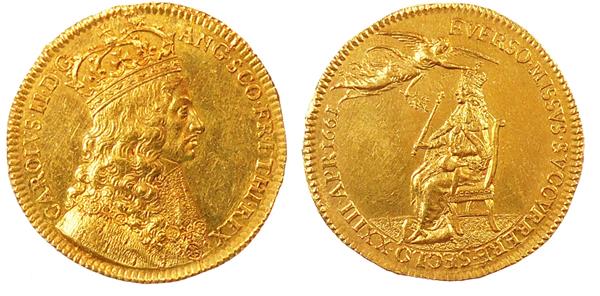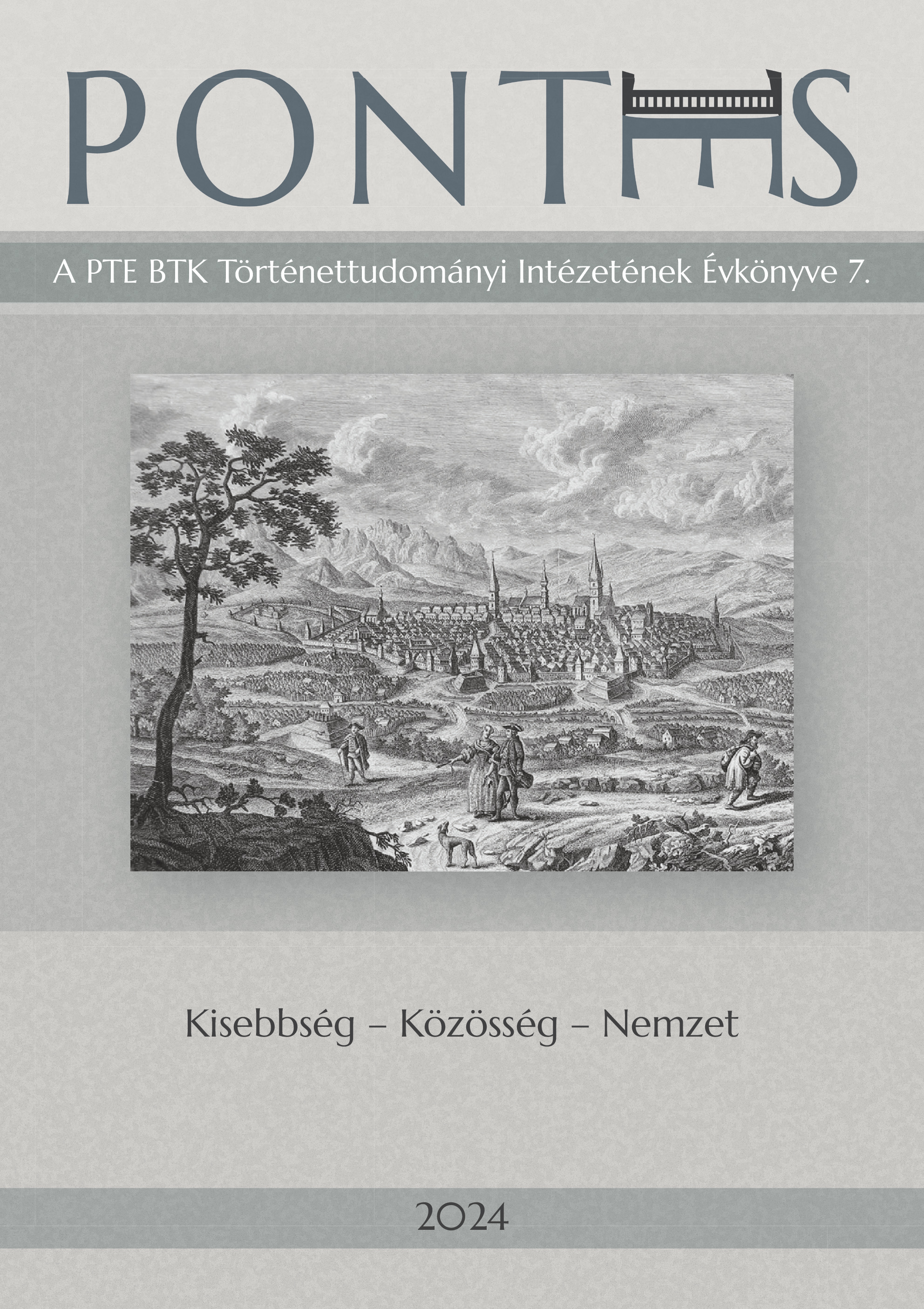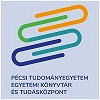Az isteni jogalaptól a népszuverenitásig
Anglia/Nagy Britannia uralkodóinak legitimációja írott források és koronázási érmék tükrében, 1660–1714
DOI:
https://doi.org/10.15170/PONTES.2021.04.01.11Kulcsszavak:
isteni jogalap, népszuverenitás, Anglia/Nagy Britannia, legitimáció, írott források, koronázási érmékAbsztrakt
The study intends to present the main features of the political doctrine commonly called by contemporaries the ‘divine right of kings’ in seventeenth-century England, and its transformation brought on by the ‘glorious revolution’ of 1688. The new version of the doctrine was named ‘divine right of providence” (G. Straka) and it was refl ected not only in written sources, the Bill of Rights included, but also in the change of the iconography of coronation coins. However, by 1714, the growth of the power of parliament led to a new perception of the right to the throne: popular sovereignty replaced divine will, which caused a major change in the imagery of coronation coins. Henceforward, for the rest of the century, in coronation coins power was conferred on the ruler not by the act of the Almighty but by the hand of the female allegorical figure of Britannia.

Downloads
Megjelent
Folyóirat szám
Rovat
License
Copyright (c) 2021 PONTES

This work is licensed under a Creative Commons Attribution-NonCommercial-NoDerivatives 4.0 International License.














